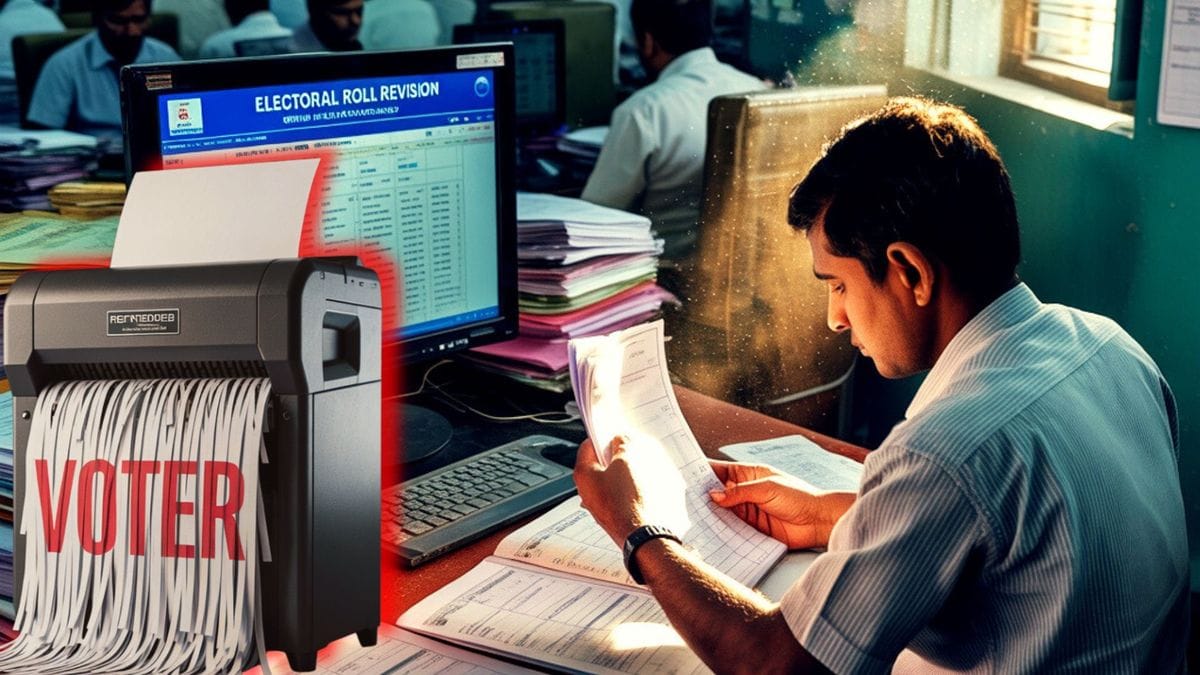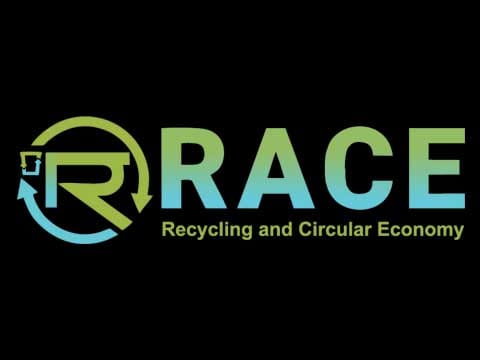 Image Source: The Probe
Image Source: The Probe
The Election Commission of India (ECI) is preparing to launch a comprehensive nationwide Special Intensive Revision (SIR) of electoral rolls starting October 2025. This move aims to update voter lists across all states and Union Territories (UTs), following a successful revision exercise recently conducted in Bihar ahead of its assembly elections. The news comes as part of a continued effort to maintain the integrity and accuracy of India’s electoral database in preparation for upcoming elections and to ensure that every eligible citizen is correctly registered.
Key Highlights of the Upcoming Electoral Roll Revision
-
The nationwide Special Intensive Revision (SIR) will be rolled out from October 2025, after preparations by state Chief Electoral Officers (CEOs) are expected to conclude in September.
-
The Bihar SIR, completed recently, served as a pilot project to refine processes and logistics before the expansion to the entire nation.
-
The exercise includes thorough verification to purge electoral rolls of deceased voters, duplicates, individuals who have permanently shifted, and non-citizens, while simultaneously ensuring eligible voters are added.
-
The process involves distribution of pre-filled enumeration forms by Booth Level Officers (BLOs) to households, followed by publication of draft electoral rolls.
-
A one-month period for claims and objections will ensue, succeeded by a 25-day window to dispose of these claims and finalize the electoral rolls.
-
Final updated electoral rolls are expected to be published by early January 2026 across all states and UTs.
-
Documentation requirements for voter verification will be region-specific, accommodating local identities such as tribal certificates, documents issued by autonomous councils, and other regionally accepted proofs.
-
The SIR exercise is being consolidated with the annual Summary Revision (normally conducted between October and December) to optimize resources and avoid duplication of efforts.
-
Those registered in the final rolls after the last intensive revision conducted in 2003–04 will be deemed citizens requiring only to submit signed enumeration forms without proof of citizenship or age.
-
Voters new to the rolls will need to provide proof of age and citizenship as per Article 326 of the Indian Constitution.
The exercise is designed to ensure that electoral lists are not only current and accurate but also more inclusive, minimizing discrepancies and potential electoral roll manipulation.
Details of the National Consultation and Preparations
A key milestone in preparation for this nationwide revision was a day-long conference held on September 10, 2025, where CEOs from all states and UTs gathered to discuss logistics, share readiness reports, and finalize processes. They presented data on voter strength, digitisation status of rolls, and other technical aspects of electoral roll management. The Election Commission directed the CEOs to compile lists of locally accepted documents for verification, highlighting the importance of tailoring the process to India's vast regional and cultural diversity.
Officials emphasized the operational challenges in states with ongoing local elections, such as Maharashtra, where the State Election Commission has requested the ECI to delay the revision process due to staff shortages and existing election commitments. Despite such logistical concerns, the nationwide rollout is expected to commence as planned, given the constitutional mandate to maintain clean and accurate electoral rolls.
Political Ramifications and Public Concerns
The SIR exercise has met with political scrutiny, especially after the Bihar revision where opposition parties expressed concerns about possible mass deletion of marginalised communities. However, the Election Commission has maintained that the process is apolitical, designed solely to uphold the legitimacy and integrity of the electoral system.
The Commission's official stance underscores the revision as an essential constitutional duty aimed at protecting electoral integrity by eradicating inaccuracies and ensuring broad and fair voter inclusion.
Timeline Recap and Future Outlook
-
September 2025: Final preparatory work and regional documentation lists to be completed.
-
October 2025: Nationwide launch of the Special Intensive Revision.
-
Post-enumeration: Publication of draft electoral rolls followed by claims and objections period.
-
Late 2025: Disposal of claims and objections.
-
Early January 2026: Publication of final updated electoral rolls nationwide.
This comprehensive and concerted effort to revise electoral rolls is vital ahead of a series of state and national elections scheduled over the next years, ensuring the voter lists are robust, credible, and reflective of the true electorate.
Source: India Today, Times of India, Republic World, Economic Times
Advertisement
Advertisement






